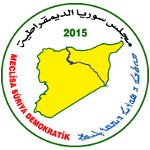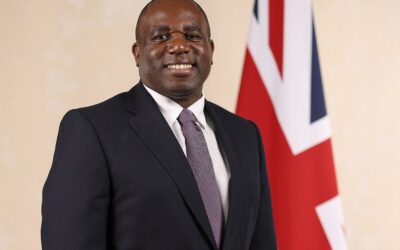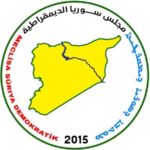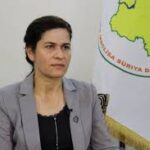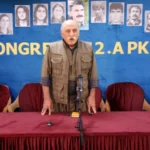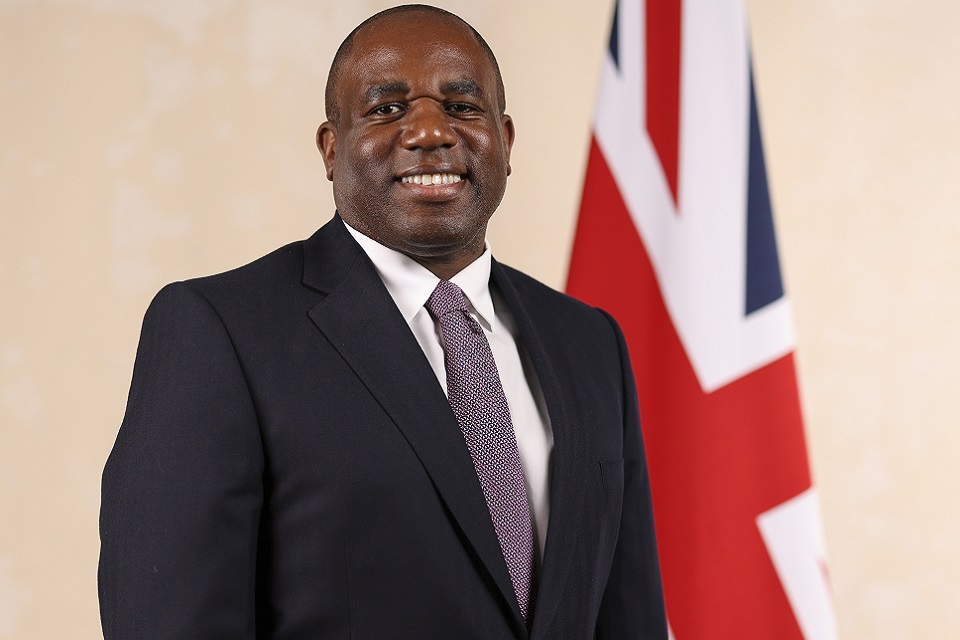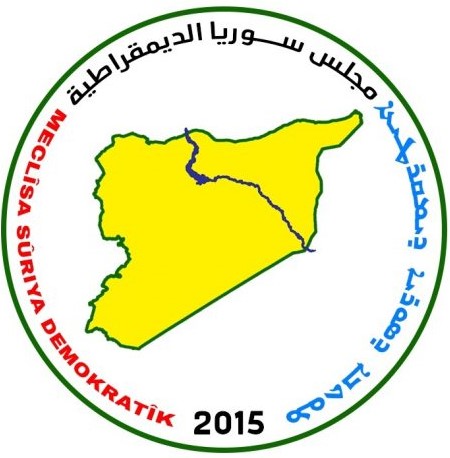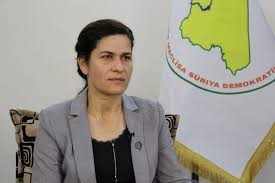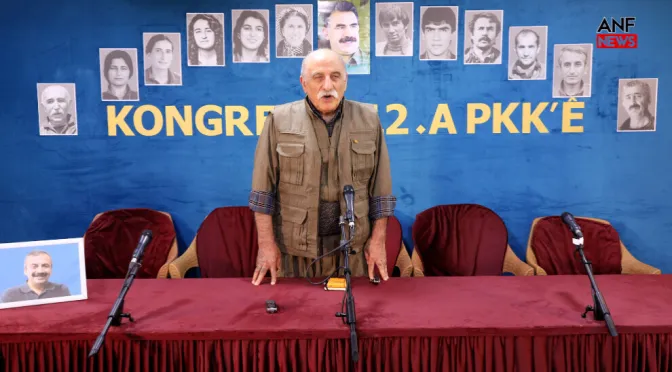Harsh conditions overshadow the camps.

Cold weather conditions are not the only obstacle facing the residents of the camps, but they are part of several deep-rooted problems, most notably the bombing of the Turkish occupation state and its repeated attacks on the region, which often result in civilian casualties in addition to significant material damage. Not to mention the problem of securing heating fuel and the most basic necessities of life, which has become difficult to achieve in light of the suffocating siege imposed by the authority in Damascus and the disregard of international and relief organizations.
Mohammed Khaled (73), a resident of Barkhdan camp in al-Shahba, said that the winter season exacerbates their suffering in tents.
They primarily lack heating and food, he said, noting that he is unable to work because of his old age.
Omar said he lives in the camp with his 4 children, noting that the lack of heating exacerbates their suffering in the winter seasons.
Jamila Sheikho, 34, said she only has blankets to warm her children, as well as struggling to get food and milk for her baby.
The tragic humanitarian conditions experienced by the families of Afrin in these camps are no different from the conditions of the families living in semi-destroyed houses, as some of the houses where the people of Afrin sought refuge lack windows and doors.
Zalloukh Walid, 55, says that her house, like most houses in al-Shahba, has no windows or doors, forcing her to cover them with blankets.
More than 25,000 families will not receive their fuel shares this year, a shocking number, but this is what the deputy joint presidency of the Autonomous Administration in the province of Afrin and Al-Shahba, Jamal Rashid, pointed out, where he stressed that the families will suffer greatly if the siege of the authority in Damascus continues.
Jamal criticized the international silence and the absence of openness of international organizations to the Shahba camps and urged the concerned authorities and international organizations to intervene immediately to avoid a repetition of the tragedies of the past years.
Some of the internally displaced people of Afrin are distributed over five camps (Barkhadan, Al-Awda, Afrin, Al-Shahba and Sardam), while others are distributed over 42 villages and towns in the northern countryside of Aleppo.
A new chapter of suffering is renewed this year with the residents of Al-Shahba camps, with the almost complete absence of the role of international and relief organizations, as there is little new from previous years, leaving the people alone in the face of the winter cold and disasters.
Lina Al-Ali – Aleppo

